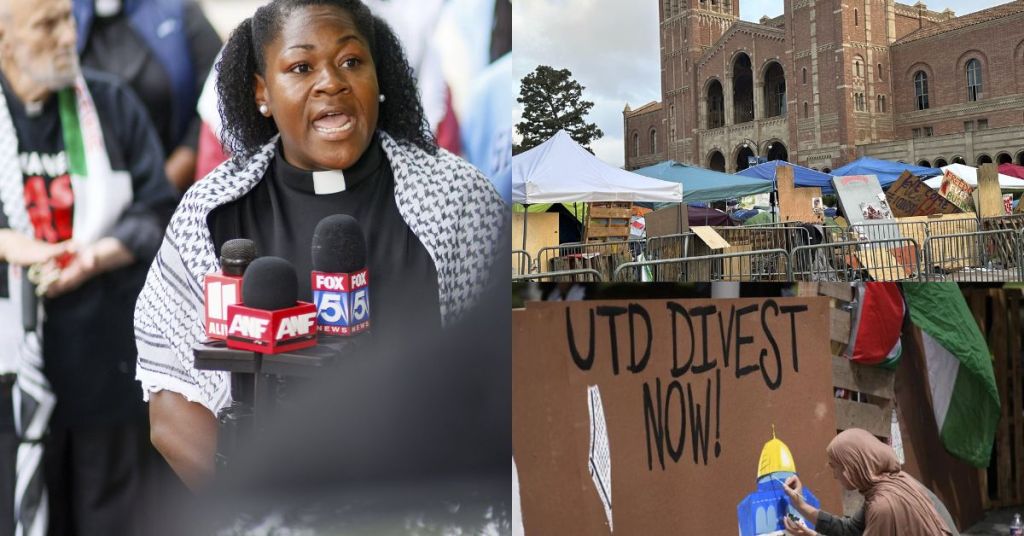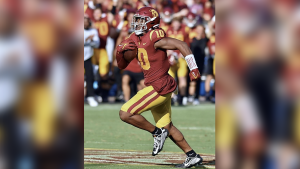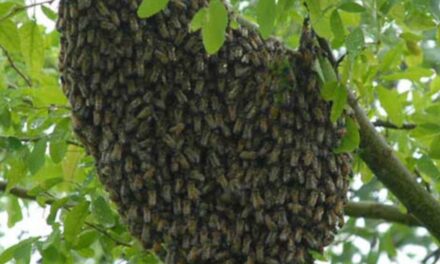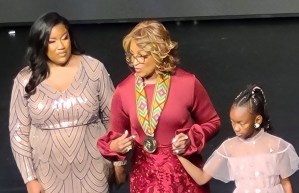By DaQuan Lawrence
AFRO International Writer
DLawrence@afro.com
With the beginning of May 2024, the current iteration of the longstanding conflict among Israelis and Palestinians enters its seventh month. As the Israel-Hamas conflict continues, protests in support of Palestine have emerged throughout the world– especially in the United States.
Pro-Palestinian demonstrations have taken place in cities such as Washington, D.C., New York City, Baltimore and Los Angeles. Colleges and universities based in the nation’s capital have been interrupted with demonstrations, including at American University, Gallaudet University, Georgetown University, George Washington University and Howard University. In New York City, locations such as The New School, Columbia University, New York University, the Fashion Institute of Technology and City College of New York have all been home to protests since the start of the conflict.
In Baltimore, student protests have occurred at the University of Maryland Baltimore County (UMBC) and at Johns Hopkins University, while demonstrations have also occurred across the state of California at college campuses such as the University of Southern California (USC) in Los Angeles and Occidental College.

AP Photo/Eugene Garcia
USC recently announced the suspension of facets of its graduation ceremony due to protests and backlash received from stakeholders and various university constituents.
Alana DeBlanc, a freshman business major at Howard University who is originally from Houston, attended student protests at George Washington University.
“As a fellow human being, I stood in solidarity with the students of GWU,” she said. “The resilience displayed by these students and by students across universities in America has been and continues to be truly remarkable and inspiring,” DeBlanc said.
In New York City, approximately 300 students were arrested during recent pro-Palestinian protests at Columbia University. The fall out of the protests led to more demonstrations as acts of civil resistance on 112th Street and Broadway in New York City, as reported by Columbia University journalism and graduate student Jason Ponterotto.
At some of the protests, there have been reports of violence, however members of the international community and citizens who support the demonstrations have claimed that protestors have remained peaceful. Pro-Palestinian protesters allege that it is law enforcement that has demonstrated a draconian response.
“I feel like the protests around the country have been an accurate depiction of students’ attitudes across the country regarding what’s going on in Palestine what has been going on Palestine for the past couple of years,” Fatou Jammeh, a junior economics major and political science minor at Howard University said.
“In regards to students being arrested for supporting anti-war efforts – unfortunately, that’s disappointing, but not surprising as students have been getting arrested for speaking out for years during crucial times in America’s history,” said Jammeh, who is originally from Newburgh, New York.
While many students are in support, some experts say they are misguided, and should study the decades- long conflict that has been prone to bloodshed over the years. Still, as students have varying perspectives, it is clear that many students believe the protests have valid causes and should be permitted without students being arrested or charged with crimes simply for supporting human rights causes.

AP Photo/LM Otero
“It’s inspiring to witness students taking a principled stand in solidarity with Palestine, and highlighting their heightened awareness and empathy for global struggles,” Debbie Pace, a sophomore media television and film major at Howard University told the AFRO.
“Their advocacy signifies a growing trend among young people to engage with complex geopolitical issues and lend their voices to marginalized communities. The disproportionate response by law enforcement, resulting in arrests and suppression raises troubling questions about the state of civil liberties and democratic freedoms,” Pace, a native of Maryland, shared.
Pace believes that protesters can channel their passion into peaceful activism and meaningful dialogue. She shared that she hopes that student demonstrators can amplify their message and foster genuine understanding and justice for Palestine.
“While I commend their commitment to advocating for justice, it’s crucial for these efforts to remain nonviolent and constructive. Resorting to disruptive tactics like occupying buildings or making threats undermines the integrity of their cause and risks alienating potential allies,” Pace said.
DeBlanc emphasized that student protestors have a right to advocate for human rights both within the U.S. and abroad, and that Palestinians are not alone in their pursuit of social, political and economic justice.
“Our demand for universities to divest from Israeli companies and safeguard our student bodies stems from a pursuit of basic rights that should be guaranteed. Regardless of what happens, we will continue to persevere until we have liberated Palestine,” DeBlanc said. “This is not only their fight, this is our fight and I believe that we will win.”
The post Students weigh in as anti-war protests intensify on college campuses across America appeared first on AFRO American Newspapers.











